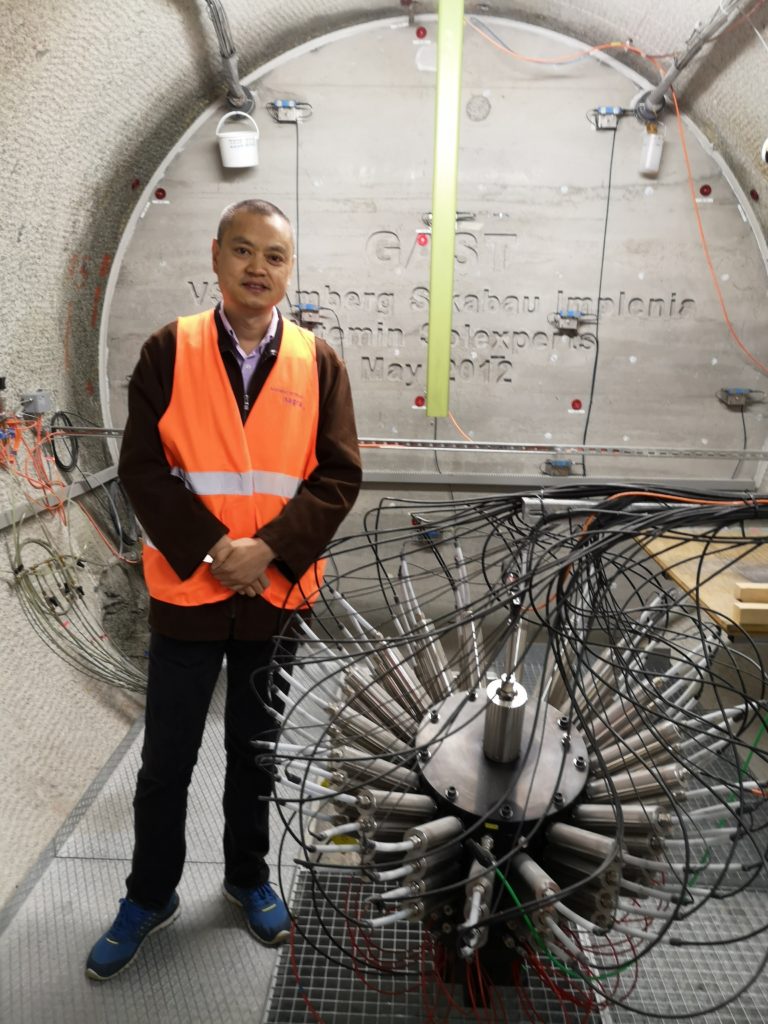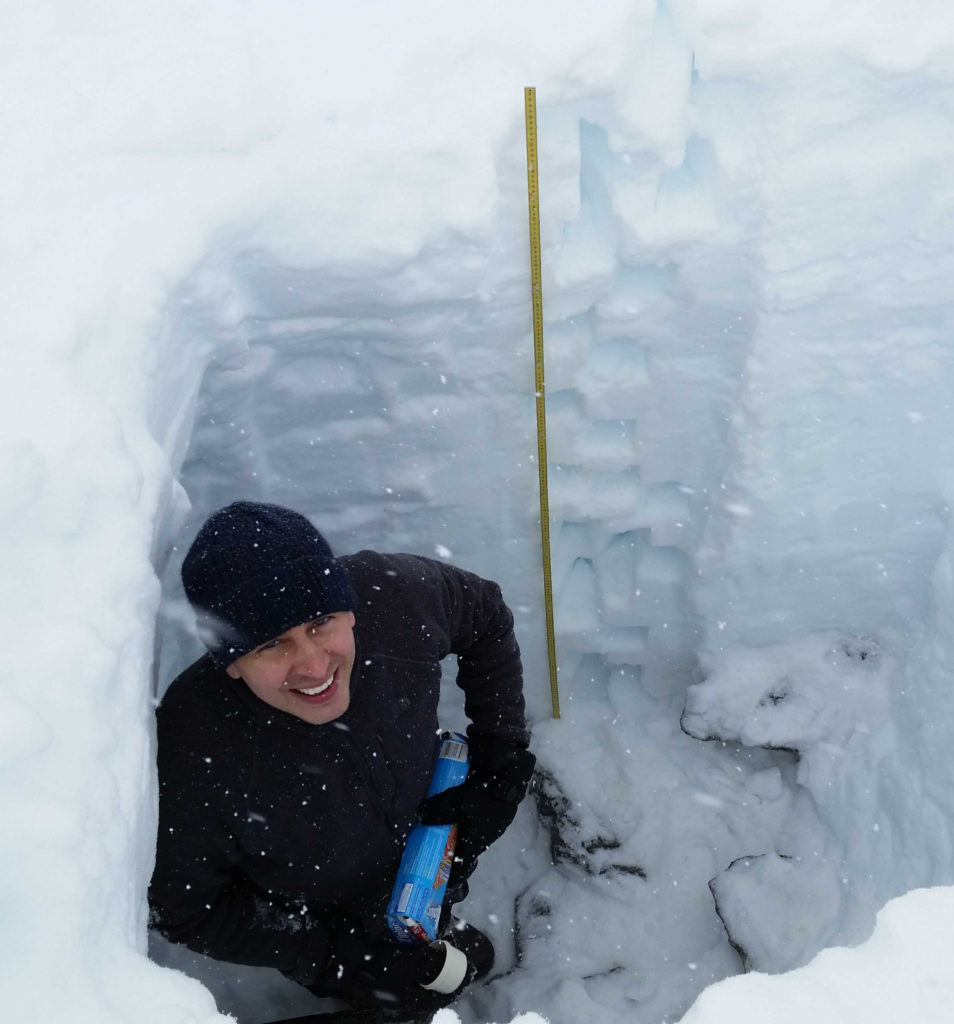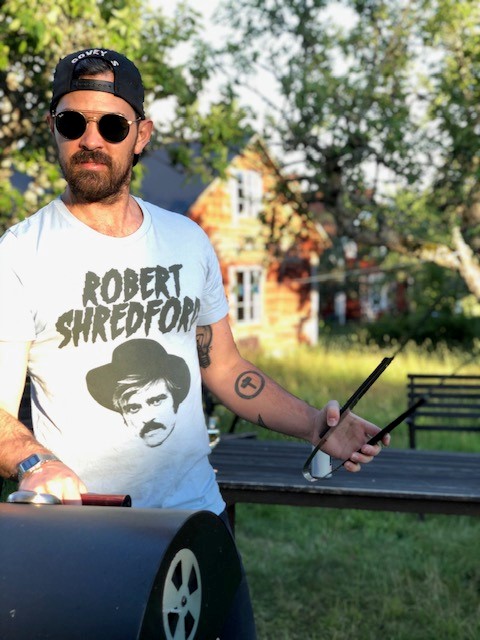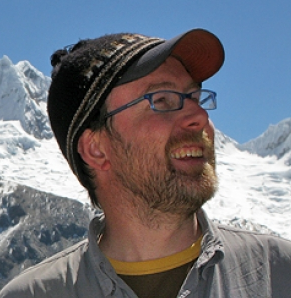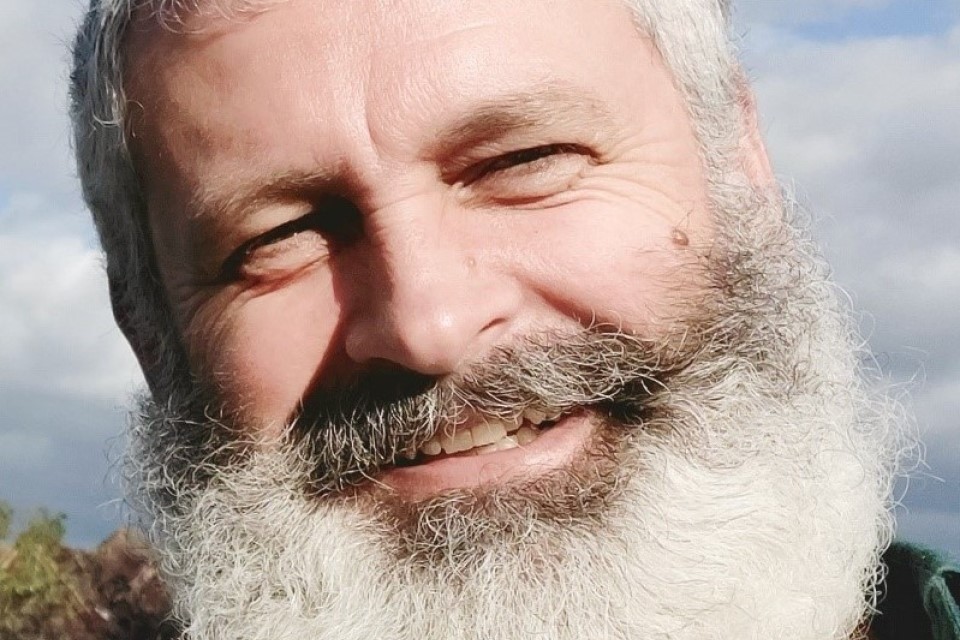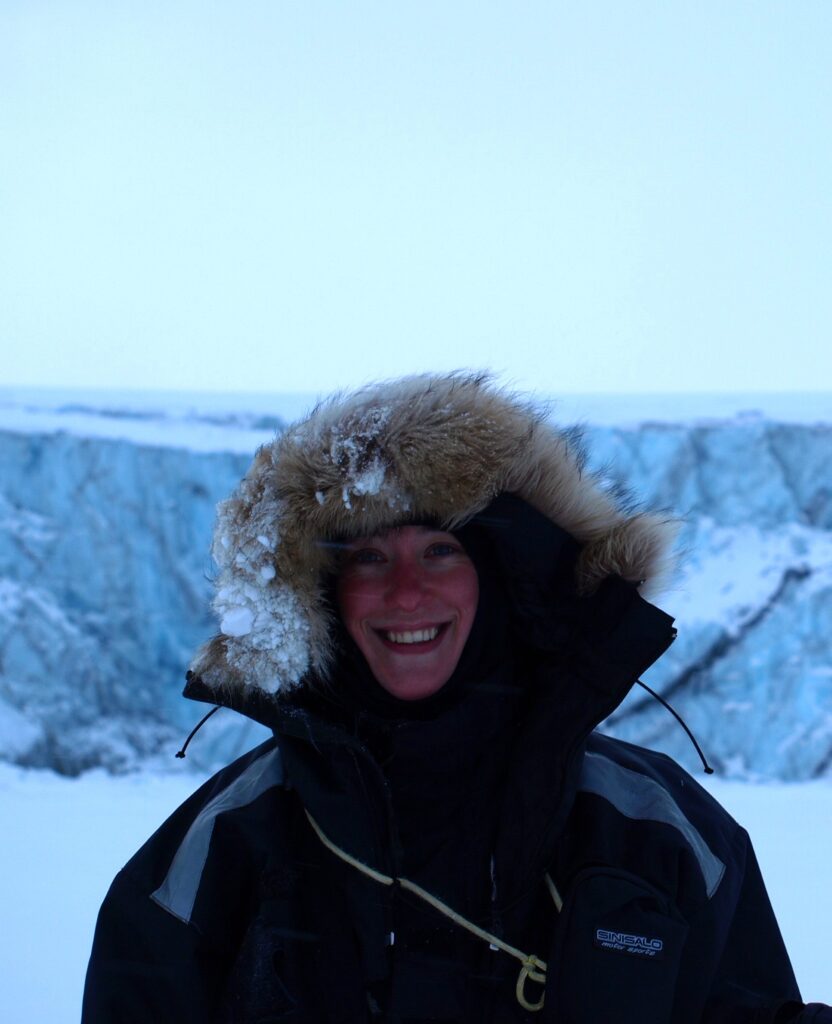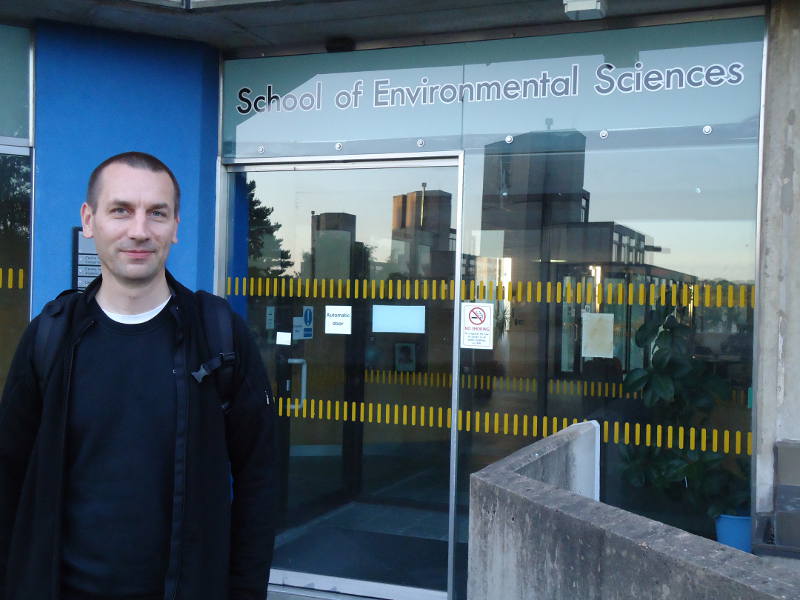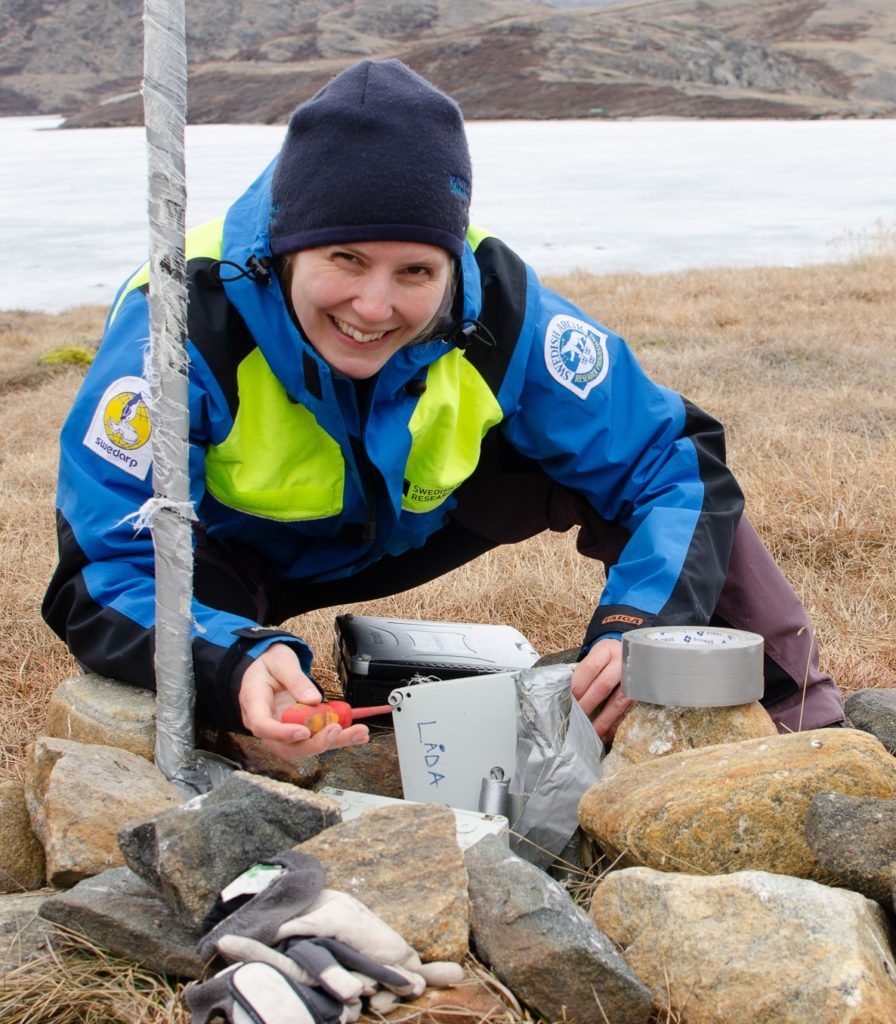CatchNet Core Group
Jeremy Chen
Jeremy Chen is a senior engineer from Canada’s Nuclear Waste Management Organization (NWMO), Safety & Technical Research Department. At NWMO, he is specialized in performing integrated surface-subsurface flow and radionuclide transport modelling for underground used-fuel repository safety assessment. Jeremy has a PhD degree in Hydrogeology from the University of Waterloo, Canada.
Barret Kurylyk
Barret Kurylyk (PhD, PEng) is an Assistant Professor and Graduate Coordinator in the Department of Civil and Resource Engineering at Dalhousie University in Halifax, Canada. He holds the Canada Research Chair in Coastal Water Resources and studies the intersection of hydrogeology and hydrology with other scientific disciplines, including cryosphere science, coastal engineering, climatology, and ecology. He serves as Associate Editor for Water Resources Research and Hydrogeology Journal and as Vice-President of the Canadian Geophysical Union Hydrology Section. Barret is connected with Research Package 2, which involves collaboration and funding from the Nuclear Waste Management Organization in Canada.
Jean-Marc Mayotte
Jean-Marc Mayotte is a safety analyst at the Swedish Nuclear Fuel and Waste Management Company (SKB) in Stockholm, Sweden. He is specialized in hydrological and hydrogeological modelling. Jean-Marc is responsible for predicting the future hydrological and near-surface hydrogeological conditions for all of the current and planned nuclear waste repositories in Sweden. Jean-Marc has a PhD in Hydrology from the University of Uppsala, Sweden.
Jeff McKenzie
Jeffrey McKenzie is a Professor and Department Chair of the Department of Earth and Planetary Sciences at McGill University in Montreal. His research focuses on hydrogeology and cryohydrogeology. He uses a combination of numerical modelling and field research in Northern Canada and the South American Andes to understand the impact of climate change on groundwater resources.
Simon Norris
Dr Simon Norris works for Radioactive Waste Management, based at Harwell in Oxfordshire. An earth scientist by degrees, he manages a portfolio of geosphere and gas research, investigating how a UK geological disposal facility will evolve on the very long timescale, and how it will interact with the host rock and surrounding geology. Close interaction with international peers, the supply chain and academia is an essential component of this work.
Leonie Peti
Leonie Peti is a geoscientist at the federal company for radioactive waste management (BGE – Bundesgesellschaft für Endlagerung) in Germany. She is part of the Research and Development Site Selection group and coordinates BGE’s involvement in various international research and networking activities with a focus on site characterisation, climatic processes and underground research activities to support the German site-selection program for a high-level radioactive waste repository. Leonie has a PhD in Geology from the University of Auckland, New Zealand.
Wolfram Rühaak
Wolfram Rühaak is a habilitated adjunct professor (Privatdozent) at the Technische Universität Darmstadt, Germany. His research focuses on coupled thermo-hydraulic-mechanical-chemical (THMC) processes. He is working for the federal company for radioactive waste disposal in Germany (BGE) where he is heading the Safety Assessment Department. As a PhD supervisor within the CatchNet project he is aiming to improve the modeling of cryogenic processes which are important for assessing the long-term (more than one million years) safety of a repository. Besides the safety of nuclear waste he is generally interested on the numerical modeling of the interplay of various processes in the hydrosphere, for instance to assess climate change impacts
Ylva Sjöberg
Ylva Sjöberg is Associate Professor in Physical Geography at University of Copenhagen. Her research focuses on hydrology in arctic permafrost environments, and utilizes both field-based and modeling techniques. Ongoing projects target climate change impacts on hydrology in the boreal-arctic transition zone, dynamics in peatlands and catchment-scale hydrology and transport in continuous permafrost environments.
Ylva is a co-supervisor for three PhD students. She is also active in science outreach, as co-chair of the Int. Permafrost Ass. Education and Outreach Committee, and co-lead of an international science-art project (“Thawing Science Stories”). Since 2019, Ylva is an editor for The Cryosphere.
Last review: October 14, 2019
Last review: October 14, 2019
